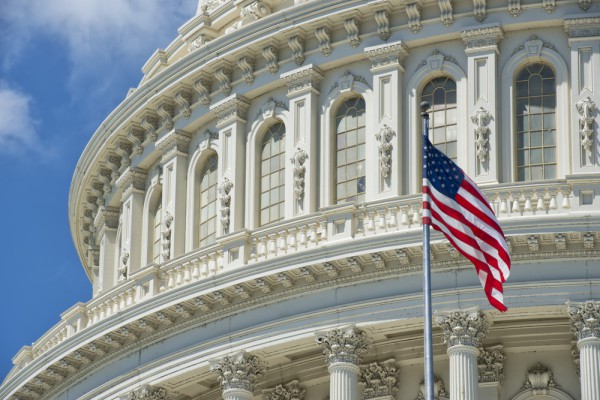Over three-quarters of US citizens accept government agencies sharing their data

Most US citizens acknowledge and accept that state and local government agencies share their personal data, even when it comes to personal information such as criminal records and income, according to a new survey conducted by YouGov and sponsored by Unisys Corporation.
The survey of nearly 2,000 people across eight states finds that more than three-quarters (77 percent) accept that their data is being shared between government agencies.
What's more, most citizens believe government agencies are sharing sensitive information, including their social security numbers (60 percent stating they believe this data is being shared), employment status (56 percent), paid income tax (51 percent) and any criminal history (64 percent).
However, many respondents express concern about how these agencies are protecting their data and their privacy. The most common concerns are a lack of clarity about how the government would use the data (69 percent), infringement of privacy (68 percent), lack of protection from security breaches, even if accidental (66 percent), an external cyberattack (65 percent) and access to their data by unauthorized government officials (63 percent). Of citizens who expressed concern about at least one type of data sharing, more than half (53 percent) report that they do not trust the government.
"While US citizens are aware that government agencies share their personal data with each other and appear to accept that as a fact, our survey results tell us that the government agencies holding this information need to do more to give them confidence their data and their privacy will be protected," says Shawn Kingsberry, vice president and director, Government Solutions at Unisys. "Agencies can address these concerns through data protection solutions that leverage technologies such as microsegmentation, encryption and dynamic isolation to limit the access to this data by those who are unauthorized to see it."
The results also a show a strong preference for interacting with government agencies online, 88 percent say they prefer using a computer, tablet or mobile phone to engage with government agencies and services. But preferences do vary depending on the type of service. For example, 77 percent of respondents say they prefer to go online to look up information about government services or infrastructure, but smaller percentages say they prefer an online option to apply for government benefits (46 percent) or apply for building permits or titles (38 percent).
The full report is available from the Unisys site.
Photo credit: Andrea Izzotti / Shutterstock
